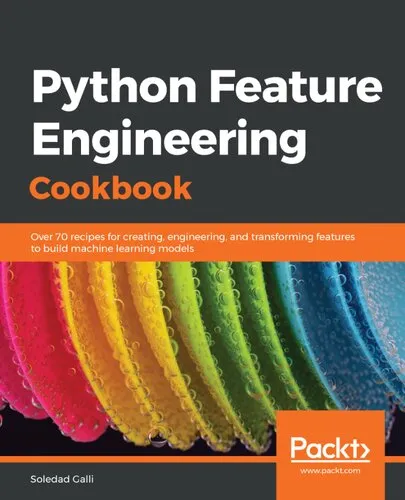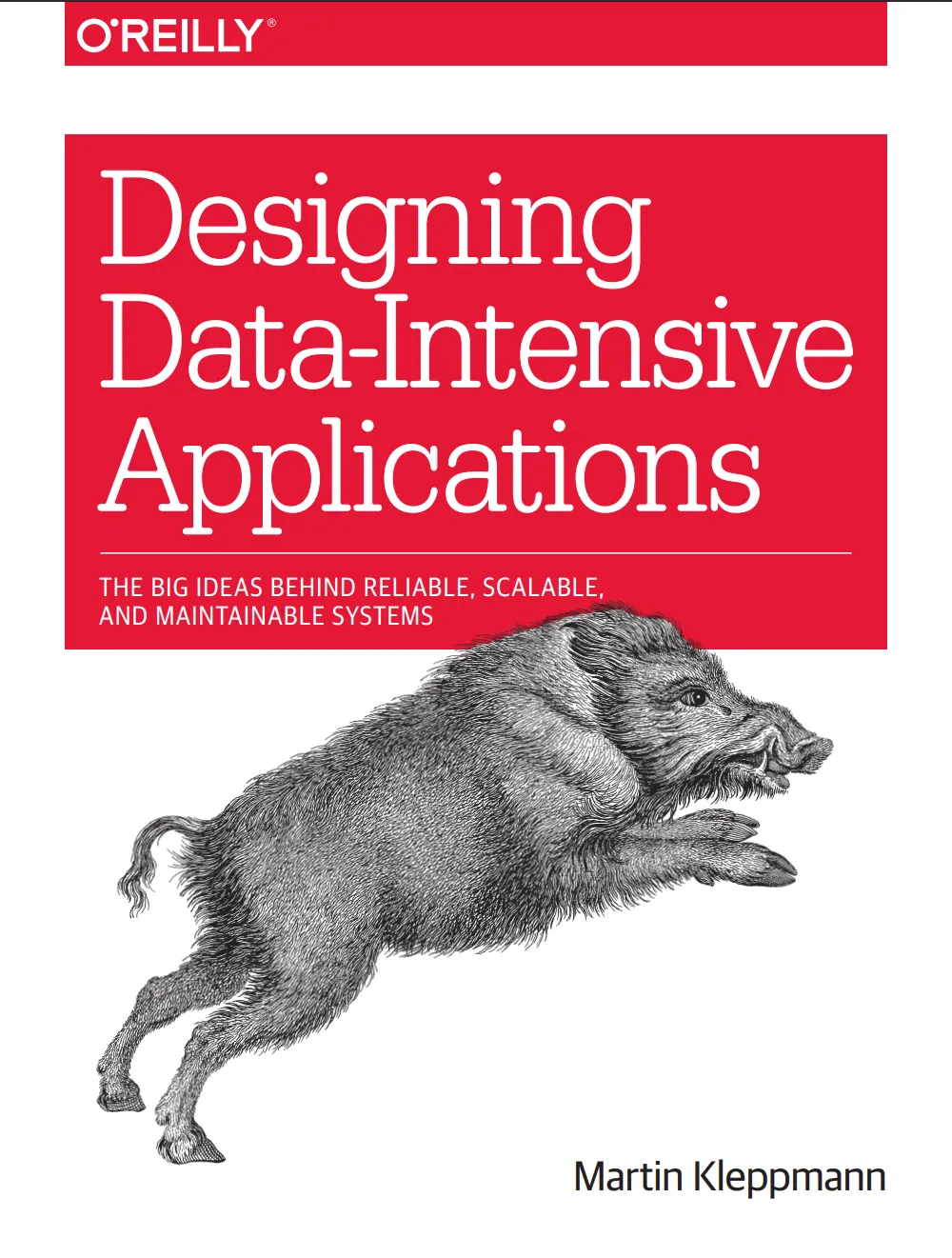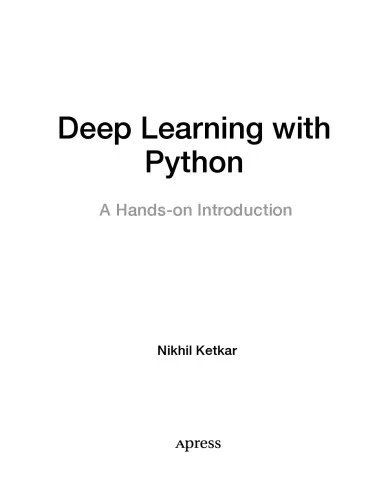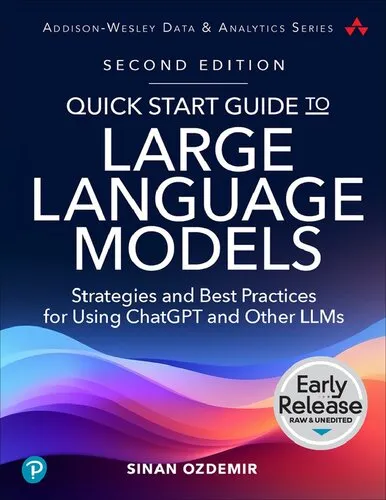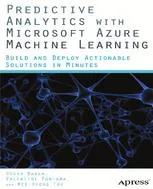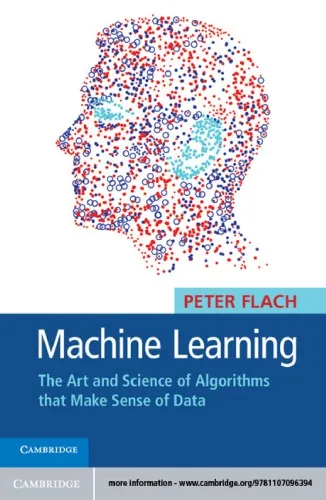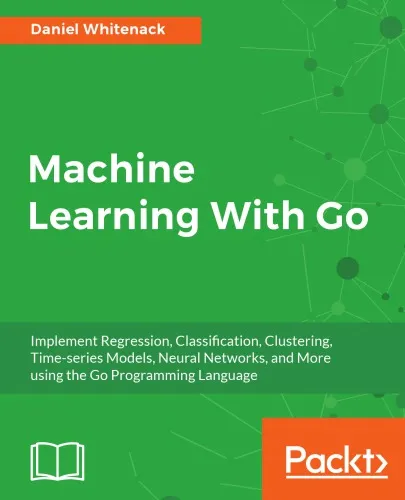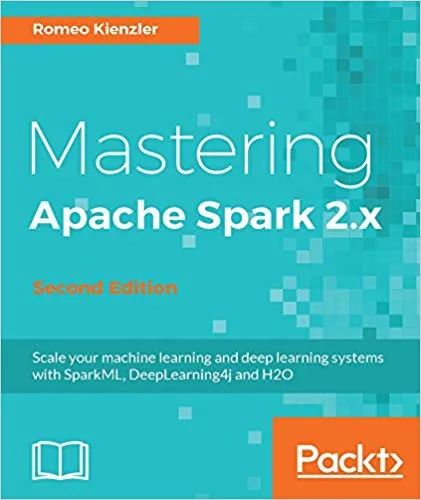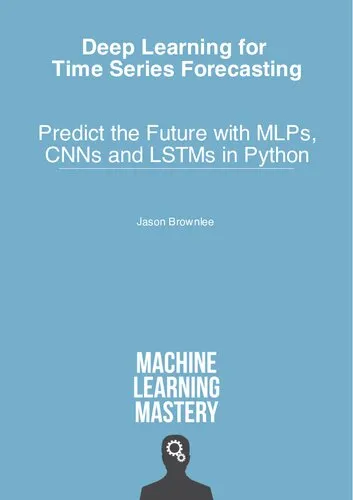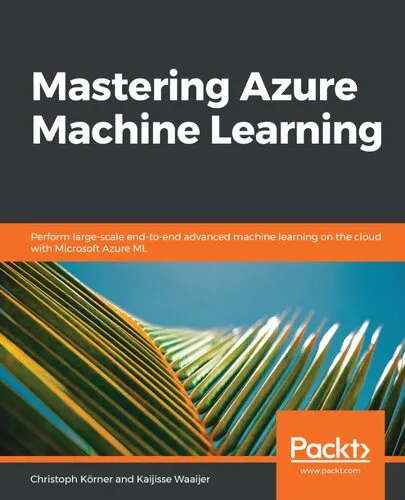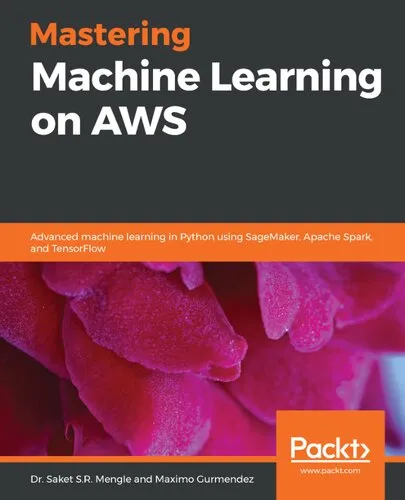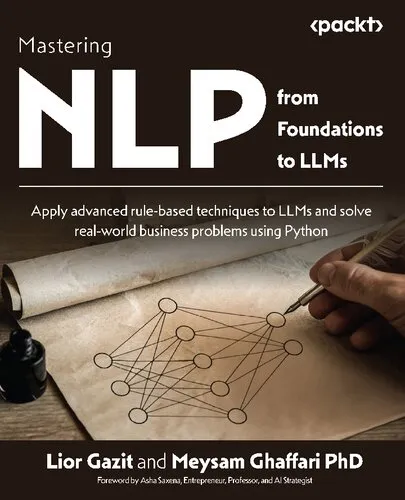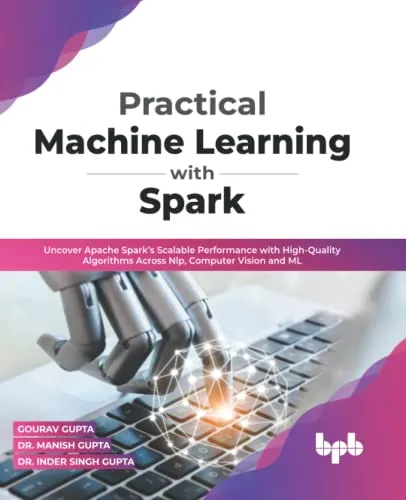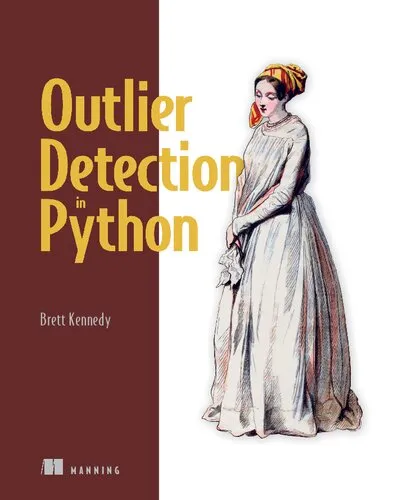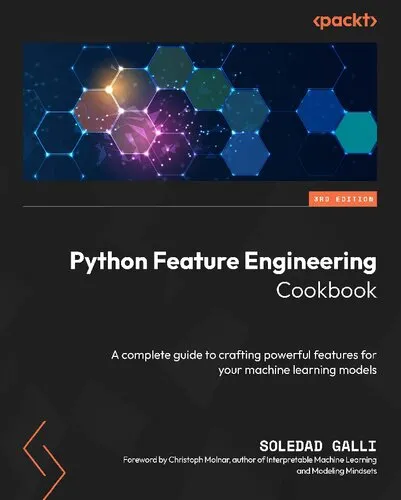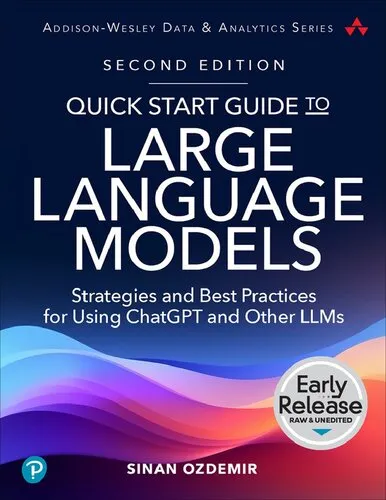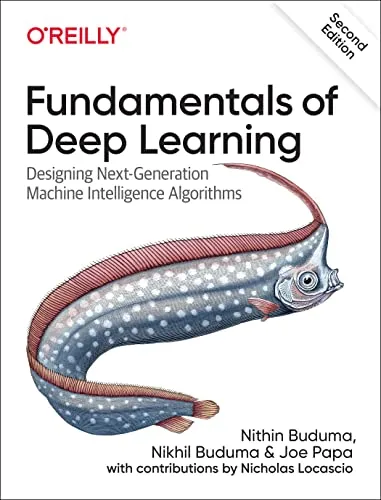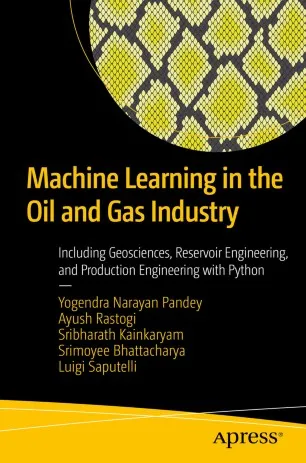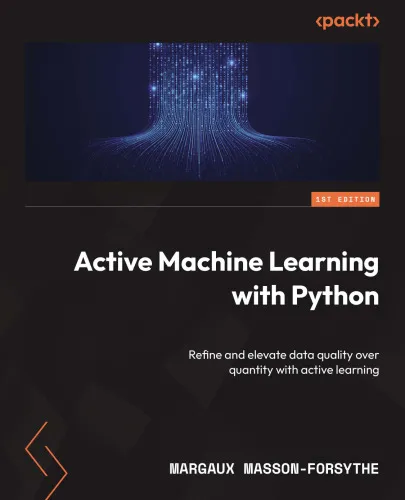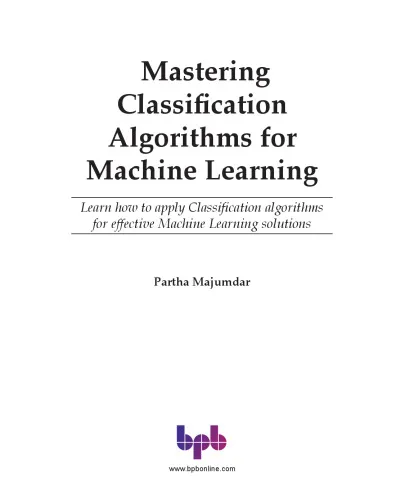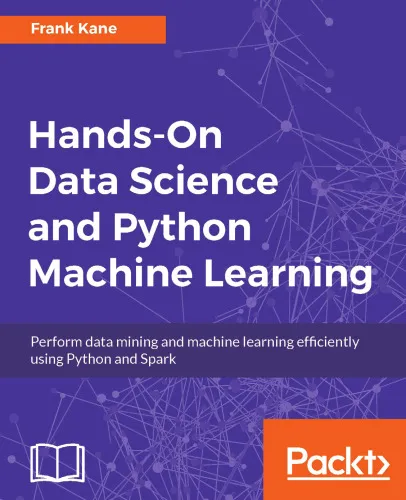Python Feature Engineering Cookbook: Over 70 Recipes for Creating, Engineering, and Transforming Features to Build Machine Learning Models
4.9
Reviews from our users

You Can Ask your questions from this book's AI after Login
Each download or ask from book AI costs 2 points. To earn more free points, please visit the Points Guide Page and complete some valuable actions.Related Refrences:
Introduction to Python Feature Engineering Cookbook
Feature engineering is the backbone of building efficient machine learning models. In the book, Python Feature Engineering Cookbook: Over 70 Recipes for Creating, Engineering, and Transforming Features to Build Machine Learning Models, I, Soledad Galli, aim to empower data scientists and machine learning practitioners with practical techniques, actionable recipes, and proven methodologies to enhance their model-building process by extracting the most meaningful features from raw datasets.
In the era of data-driven decision-making, understanding features that drive predictions is essential for building accurate and trustworthy models. This is where this cookbook stands apart—by giving practitioners concise, step-by-step explanations of how to extract, engineer, and transform features so that they can gain the best model performance possible.
Detailed Summary of the Book
At its core, Python Feature Engineering Cookbook is a compilation of over 70 carefully crafted recipes designed to address each stage of the feature engineering workflow. This book recognizes that real-world datasets are rarely pristine; they often contain missing information, outliers, and noise, which can negatively impact machine learning models. Therefore, it emphasizes practical, hands-on approaches to handling diverse data scenarios.
The recipes are divided into a structured roadmap that includes key topics such as handling missing values, encoding categorical variables, implementation of scaling, discretizing variables to uncover hidden patterns, and dealing with redundant or irrelevant features. Furthermore, the cookbook goes beyond the basics to present advanced techniques like creating time-based features, working with unstructured data such as text, and feature selection using statistical tests or lasso regression.
Highlights of the book:
- Learn efficient techniques to preprocess and clean data for feature engineering.
- Transform categorical, numerical, and datetime variables in meaningful ways.
- Optimize model performance by using feature scaling, feature selection, and dimension reduction methods.
- Leverage Python libraries such as pandas, NumPy, and scikit-learn to execute feature engineering workflows.
- Get to the heart of your data by creating custom features that provide unique insights into problem-solving.
Each recipe is self-contained, offering a problem statement, solution, and Python code implementation. This makes the book versatile for readers at any level—whether you're new to machine learning or a seasoned expert seeking a quick reference guide for feature preparation techniques.
Key Takeaways
By the end of Python Feature Engineering Cookbook, readers will acquire knowledge of essential tools and techniques that align with real-world data science workflows. Here are the key takeaways:
- Comprehensive Understanding: Learn to clean, preprocess, and enhance data using a variety of feature engineering techniques.
- Practical Expertise: Build a solid foundation for solving business problems by applying feature engineering algorithms in Python.
- Hands-On Knowledge: Gain confidence with code examples and recipes that can be directly adapted to your projects.
- Workflow Optimization: Understand how to integrate feature engineering with the machine learning pipeline for optimal outcomes.
- Advanced Practices: Explore cutting-edge practices like unstructured data processing and dimensionality reduction.
Famous Quotes from the Book
Here are some insightful quotes from the book that capture the essence of feature engineering:
"Machine learning models are only as good as the features used to train them."
"Data transformation is an art as much as a science—each feature holds the key to the insights you seek."
"Good features transcend data; they act as the bridge between raw information and impactful predictions."
These quotes underscore the importance of emphasizing quality feature engineering as the pivotal step in the machine learning lifecycle.
Why This Book Matters
In today’s world, data-driven organizations rely heavily on the ability to derive insights from complex datasets. Machine learning models can only succeed when they are built on robust features that capture the essence of the data. The art of engineering these features is a skill that separates average analysts from expert data scientists.
Python Feature Engineering Cookbook matters because it addresses the most challenging questions practitioners face in real-world projects: What to do with missing data? How to deal with categorical variables? When to remove features versus how to create new ones? Each recipe is crafted to answer these critical questions while applying them using Python’s intuitive libraries and tools.
By demystifying the process of feature creation, this book provides the bridge between theoretical knowledge and practical implementation. It equips readers with the expertise needed to tackle contemporary problems in fields as diverse as finance, healthcare, e-commerce, and manufacturing. No other skill has as profound an impact on machine learning performance as feature engineering, and this book provides a detailed framework for mastering it.
Free Direct Download
You Can Download this book after Login
Accessing books through legal platforms and public libraries not only supports the rights of authors and publishers but also contributes to the sustainability of reading culture. Before downloading, please take a moment to consider these options.
Find this book on other platforms:
WorldCat helps you find books in libraries worldwide.
See ratings, reviews, and discussions on Goodreads.
Find and buy rare or used books on AbeBooks.
1974
بازدید4.9
امتیاز0
نظر98%
رضایتReviews:
4.9
Based on 0 users review
Questions & Answers
Ask questions about this book or help others by answering
No questions yet. Be the first to ask!
